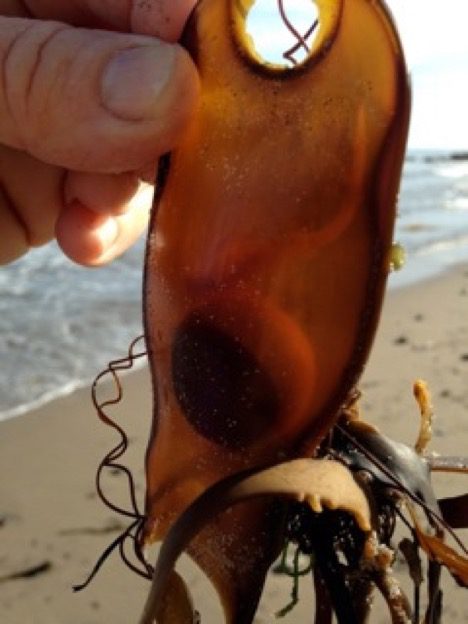by Karen Telleen-Lawton, Noozhawk Columnist (read the original in Noozhawk by clicking here)
An emergency is typically an acute, awful event. Locally, we’ve reserved the term for wildfires, debris flows, and occasional earthquakes. They take over the news for a few days, months or years, and perhaps result in new standards for building and zoning. Life for most of us goes on pretty much the same.
Our current situation combines three extreme emergencies. Different than typical ones, they are not discrete but rather generation-spanning. They are also intertwined.
Like other emergencies, oracles have foretold them. Scientists have long understood the magnitude of the problems and the mitigation efforts needed. Thus far, they have been unable to persuade policymakers to institute changes on the scales required.
The coronavirus pandemic, the climate emergency, and biodiversity loss are related catastrophes which are the logical consequences of our carelessness for Earth. Their inter-relationships were described in a recent Earthwatch webinar by William Moomaw, founding director of the Center for International Environment and Resource Policy at Tufts University.
Moomaw argues that the virus causing the pandemic is harmless in its native environment, hosted by certain wild animals. Hunting them for food has contributed not only to their declining numbers but also to their ease in crossing the species barrier to humans.
Public health scientists’ warnings about the growing probability of global pandemics were ignored. The United States dismantled our capacity to deal with pandemics in the last three years.
Climate change’s front-stage culprit is fossil fuel emissions but contending partners in crime are deforestation and land use conversion. This is old news, though far older than most realize.
The first recognized predictor of climate change was a Swedish scientist, Svante Arrhenius, in 1896. Lacking calculator or computer, he worked out the influence of carbonic acid on ground temperature, correctly predicting both the sign and magnitude of its eventual effect on climate.
Arrhenius’ direct descendant is Greta Thunberg, the young climate activist sounding the alarm on the climate emergency as an existential crisis.
To slow the effects climate change, we must both reduce carbon emissions and grow forests to remove atmospheric carbon dioxide. “Planting trees is good,” says Moomaw. “Letting them grow is better.”
Biodiversity is the third in this terrible trifecta. In a meta-research analysis completed in 2018, 15,000 research articles were examined to conclude that:
The “unprecedented” species extinction rates are “accelerating.”
“Transformative changes” are needed to restore and protect nature.
Again, the importance of forests and wildlife. Eighty percent of the earth’s species are found in forests. Destroying forests reduces the earth’s capacity to provide clean air, water, and soil and habitat for species. One example, well-reported last fall: North America has lost three billion birds in the last decade.
Another close-to-home warning sign: UCSB studies show ocean acidification is reducing the ability of sea creatures to build their shells.
I see a few pixels of hope in this dismal picture. These emergencies all require a committed and unwavering public policy response. It may seem hopeless under the current administration, but a changing of the guard is possible soon, with our collective action.

Moreover, personal action is as important as public policy, because we are so many. We can make more informed choices in food, energy, and general consumption. As COVID-19 is showing, we can overcome opposition from vested interests for public good.
Finally, the interrelatedness of the trifecta points to the resolution. When we decide to care for our island home, we can convince ourselves on any of the many legitimate grounds including economic, moral, ethical and religious. Then our actions will simultaneously improve our responses to pandemics, climate change and biodiversity.
Karen Telleen-Lawton, Noozhawk Columnist
Karen Telleen-Lawton is an eco-writer, sharing information and insights about economics and ecology, finances and the environment. Having recently retired from financial planning and advising, she spends more time exploring the outdoors — and reading and writing about it. The opinions expressed are her own.


